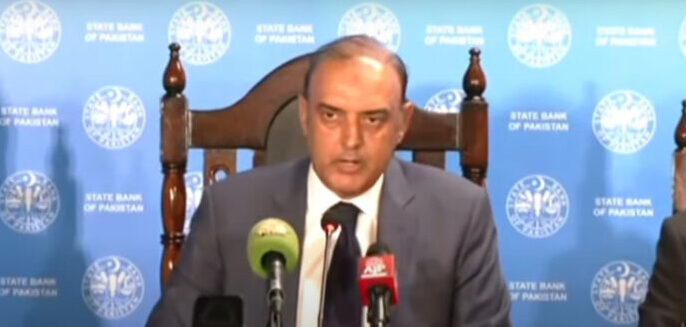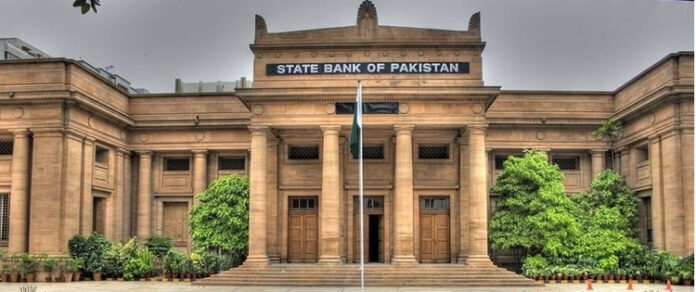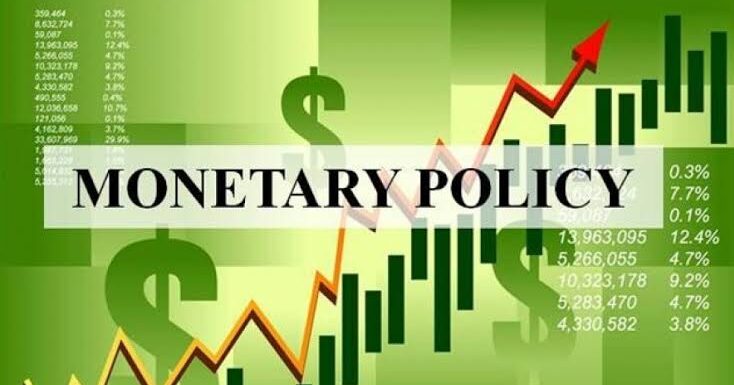KARACHI, November 1 2024: President Karachi Chamber of Commerce & Industry (KCCI) Muhammad Jawed Bilwani has urged the Central Bank to reduce the policy rate by 300 to 500 basis points in the next Monetary Policy Committee (MPC) meeting, in response to a notable decrease in inflation to 6.9 per cent in September 2024.
In a statement issued, Jawed Bilwani, while appreciating the State Bank of Pakistan for progressively lowering the policy rate from 22 per cent to 17.5 per cent over the last three meetings, stated that September’s decline in inflation marked the second consecutive month of single-digit inflation after more than two years of high inflationary pressure, the State Bank should now reduce the policy rate more aggressively.
He said that with inflation now under control and commodity prices stabilizing, a significant policy rate cut of at least 300 to 500 basis points was crucial to alleviate the pressure on businesses and stimulate economic activity. Lower interest rates would reinvigorate growth in large-scale manufacturing, which has seen consistent declines in recent months. “In October 2021, when inflation was 9.2 per cent, the policy rate stood at 7.2 per cent. In 2024, the inflation has decreased even further, therefore, the Karachi Chamber’s call for a significant reduction in the interest rate is justified. In this context, it is essential to lower the policy rate to single digits.”
President KCCI Jawed Bilwani stated that the Large-Scale Manufacturing Index (LSMI) in Pakistan plummeted by 19.2 per cent during July 2024 compared to January 2024, underscoring the challenges faced by the private sector due to high interest rates, reduced access to credit, and excessive collateral requirements. According to the World Bank, collateral for loans in Pakistan averages 153 per cent of the loan’s value—often surpassing the amount borrowed—further limiting private sector financing, he added.
President KCCI, while referring to the latest available data of the World Bank, further informed that the private sector credit in Pakistan has fallen to one of the lowest levels among emerging markets, accounting for only 12.0 per cent of GDP as of 2023 which was significantly lower than India where private sector credit stood at 50.1 per cent of GDP, Türkiye 50.3 per cent, and Bangladesh 37.6 per cent. “The widening gap between public and private sector lending is a critical concern, with the government and public sector enterprises absorbing 79.7 per cent of total credit, effectively crowding out the private sector.
By September 2024, the private sector’s share in total credit dropped to a mere 20.3 per cent, down from 29 per cent in March 2022, when policy rates were more favourable in Pakistan”, he added while citing Bangladesh where only 22.4 per cent of the total credit was availed by the public sector during FY2024, allowing their private sector to flourish.
He noted that while the SBP has successfully curbed inflation, its stringent monetary policy has led to an unbalanced credit environment that could undermine long-term growth prospects. The reliance on domestic borrowing to finance fiscal deficits at high interest rates has also caused Pakistan’s domestic debt servicing costs to soar, he said, adding that the markup on domestic debt increased by 50.4 per cent, from Rs4.8 trillion to Rs7.2 trillion during FY24, largely driven by elevated policy rates.
















































































































































































































































